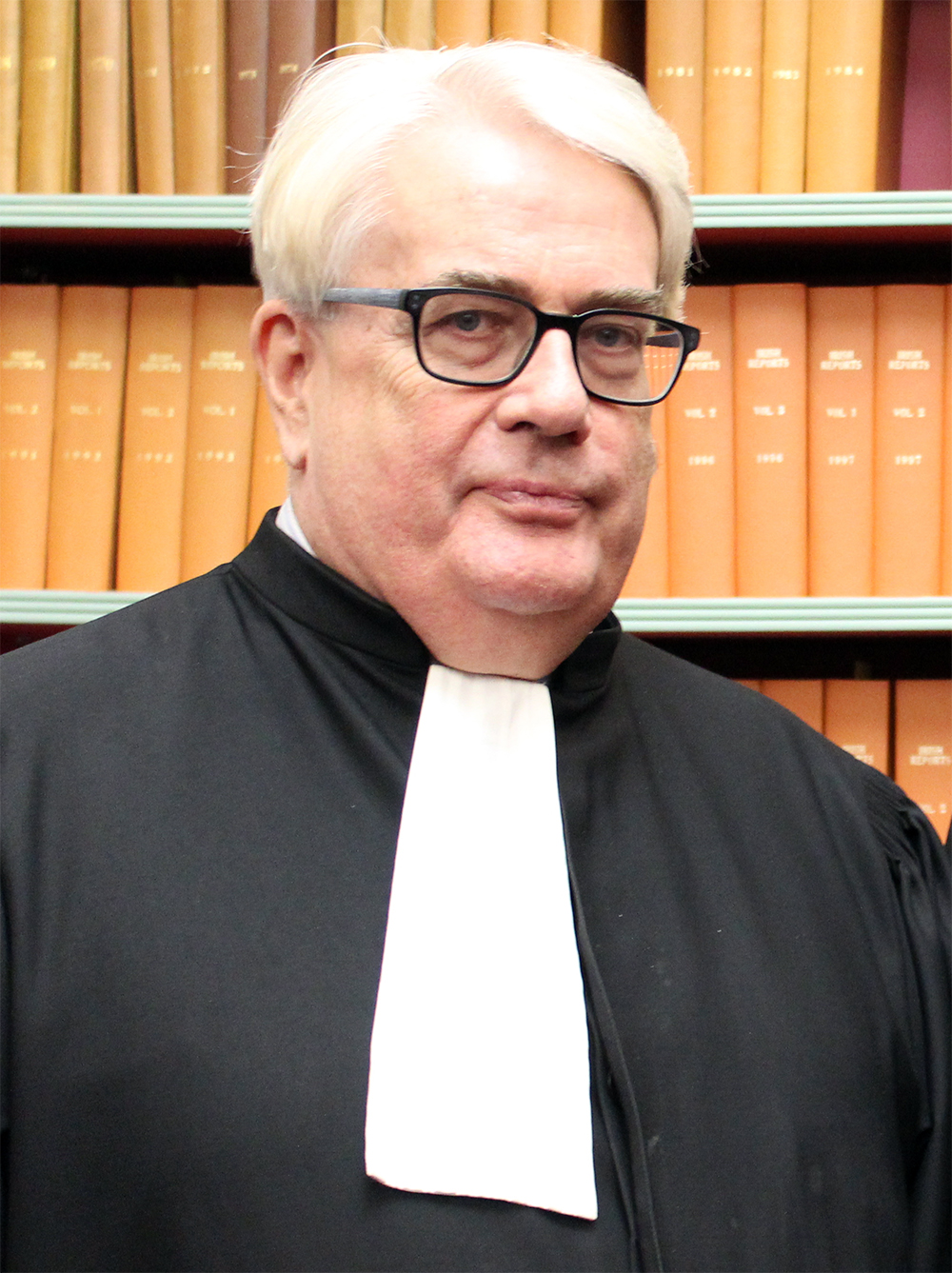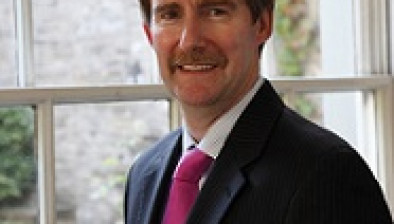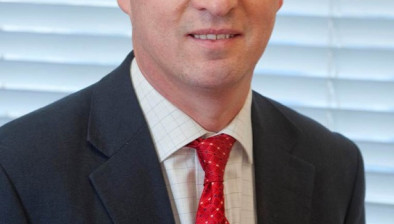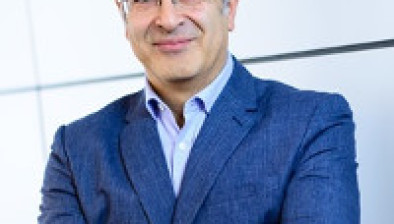Chief Justice focuses on Brexit in historic address to European Court of Human Rights

Chief Justice Frank Clarke
Chief Justice Frank Clarke focused on Brexit and its challenges for Ireland in a historic address at the European Court of Human Rights (ECtHR) on the opening of the legal year.
Mr Justice Clarke became the first Irish person to address the court opening on Friday, three decades after he last appeared before the court as an advocate.
Opening his address, he thanked President Linos-Alexandre Sicilianos and his colleagues on the bench “for your kind comments about the contribution which Ireland has made to the court, both in practical terms and also through the important jurisprudence deriving from Irish cases”.
He added: “We are a small country, but we like to think that we contribute more than our size might suggest. That we, to use an English phrase, punch above our weight.”
Speaking just a few hours before the UK formally left the European Union on Friday night, Ireland’s top judge said the Irish contribution to the court “will be particularly important for us in the context of Brexit”.
He said: “While the United Kingdom will remain a member of the Council of Europe and will continue to engage with this court, there will be additional challenges for Ireland, and not least for the Irish legal system, as we become the largest remaining common law country within the European Union.
“But we are also a legal system governed by a strong Constitution and thus our own national constitutional jurisprudence is richly informed both by the jurisprudence of this court but also that of the Supreme Courts of other prominent common law jurisdictions.
“I would like to think that the diversity of influences which that brings to bear enhances our understanding and protection of human rights.”
Mr Justice Clarke’s speech was titled “Who Harmonises the Harmonisers?”, but the judge noted that the title “is an over-simplification and a potentially inaccurate description of one of the issues which is likely to face all courts charged with vindicating human rights over the next 70 years”.
He said: “I know that the objective of the Convention and of this court is not to harmonise human rights law in that strict sense, but is to ensure that minimum standards for the protection of human rights across the states of the Council of Europe are maintained whilst respecting the plurality of national and international fundamental rights protections.
“But that too is a form of harmonisation, even though States may well be afforded, depending on the circumstances, a significant margin of appreciation and are, of course, free to provide a higher level of protection for human rights under their national regimes.”
Mr Justice Clarke said challenges in developing a “coherent and harmonious international human rights order which nonetheless respects appropriate national differences” could be overcome by deepening dialogue and co-operation between senior national judiciaries.
He highlighted previous bilateral delegations of Irish judges to the ECtHR, the development of the European Judicial Network (EJN), and the upcoming conference of CJEU judges in Riga in March, which will consider the common constitutional traditions within the EU.
He added: “We do not need to be the same but we have sufficient common legal traditions to make it important that we strive to ensure that we also share a coherent and harmonious human rights order.”








